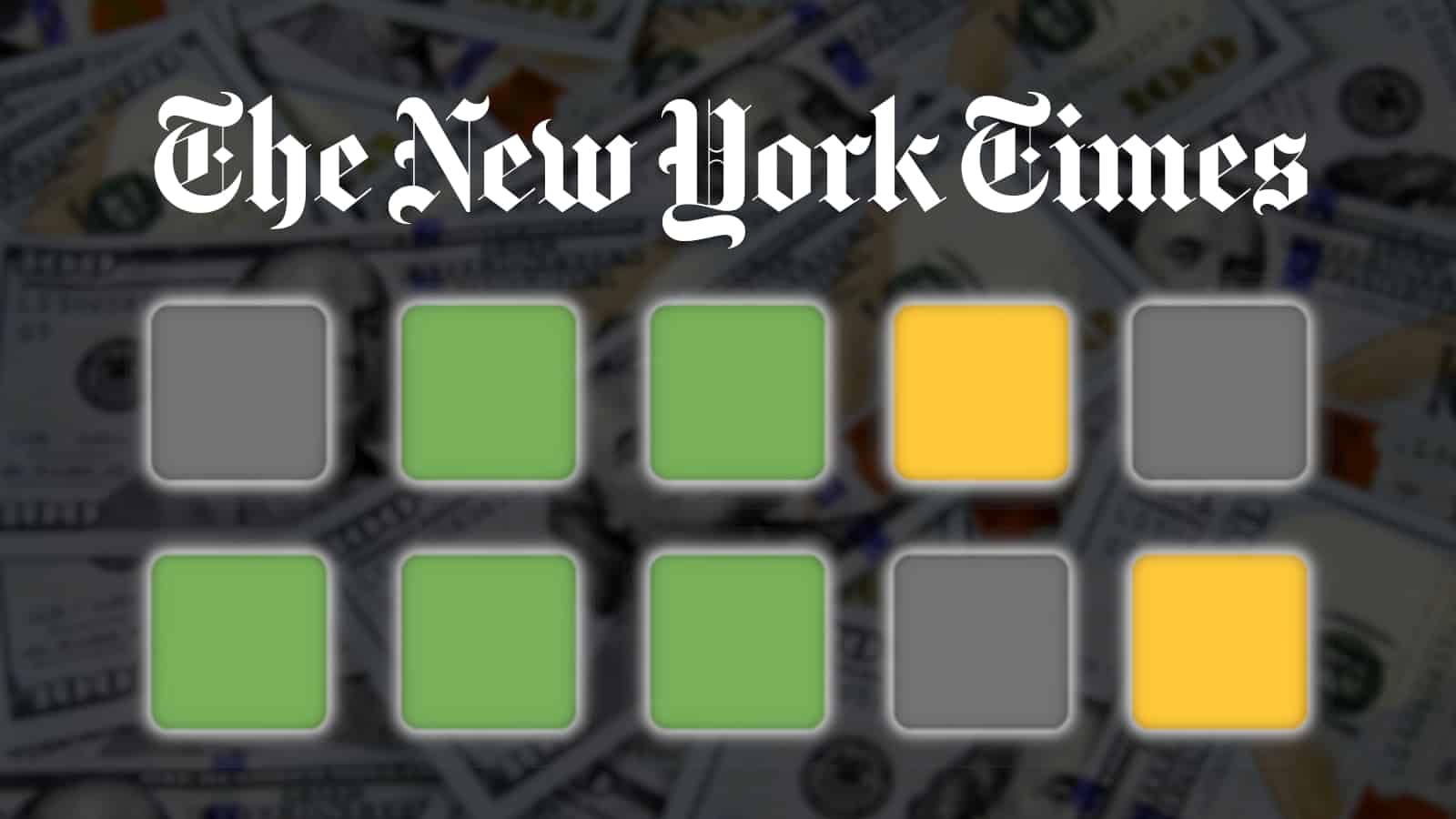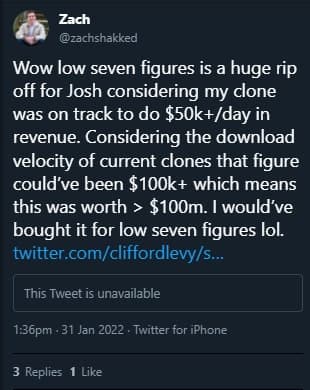Wordle clone creator claims New York Times purchase was a “huge rip off”
 Pexels / New York Times
Pexels / New York TimesAfter the New York Times purchased word puzzle game Wordle, a developer who makes a clone of the game explained why the reported price point of the acquisition was a “huge rip off.”
Wordle has been taking over social media in recent weeks, as the word game hit viral levels of popularity. Now, it’s grown to the point that the New York Times went ahead and acquired the game for a “low-seven-figures” price point on January 31, 2022.
Reactions have typically focused on the future of Worlde under new ownership, as many wonder if NYT will change the game’s free-to-play nature.
By contrast, self-proclaimed “Wordle clone” creator ‘zachshakked’ has responded to the news with concern. Using his own clone’s success as a benchmark, he explained (in a since-deleted tweet) why the NYT acquisition was a “rip off” for Wordle’s developer.
Wordle’s New York Times acquisition a “huge rip off”?

As you can see in the since-deleted tweet, zachshakked did not mince words about the deal’s price point. He responded emphatically to the news: “Wow, low seven figures is a huge rip off for Josh.”
Going further, he revealed that his clone of the popular app was already pacing toward $50,000 daily in revenue. With that, and the market, in mind, Zach claimed “that figure could’ve been $100K+, which means this was worth over $100 million.”
The New York Times, already having a monopoly on crosswords puzzles, has bought Wordle for the 'low seven figures' pic.twitter.com/ODW2iaurfu
— Dexerto (@Dexerto) January 31, 2022
Of course, the legitimacy of these numbers can’t be verified, but it does raise an interesting concern. While Wordle’s creator was evidently content to sell the game for the reported price tag, Zach seems to think the New York Times got an absolute bargain.
It will be interesting to see where the popular word game goes from here. If it’s capable of pulling in $100,000 daily, while remaining free, one has to wonder if NYT will even need to turn it into a pay-to-play game.